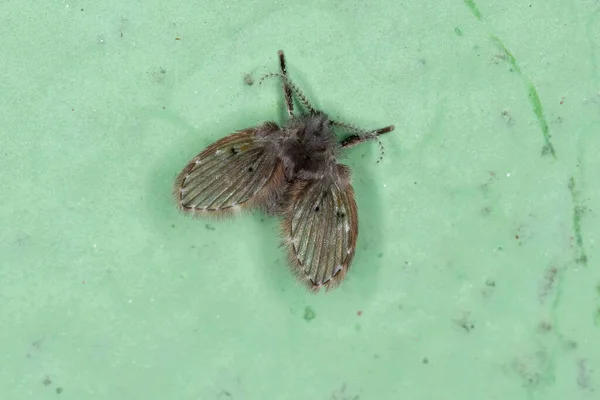Manchester, USA, is ideally situated for rodent infestations in food service establishments due to the combination of our harsh winters and our aging infrastructure. In Manchester, restaurant owners are faced with more than ordinary pests: century-old buildings with unlimited entry points, rats, and mice looking for warmth as they migrate for the long, cold New Hampshire winters.
As a result, these issues cost local businesses thousands of dollars in lost revenue, health department violations, and unscheduled emergency pest control services. Particular rodent problems make Manchester the sort of place where professional exterminators intervention is a must, especially when they can bring your business to a grinding halt overnight.
Why Food Businesses Are Especially Vulnerable to Rodents
- Constant Food Sources
Restaurant kitchens provide rodents with everything they need to thrive, including food scraps, crumbs, and incorrectly stored components. As even the tidiest places cannot remove every crumb, restaurants are an appealing destination for starving pests.
- Warm Indoor Environments
Winter temperatures in Manchester near nightly drop to below freezing, forcing rodents indoors to where restaurants stay constantly warm. The city’s long, frigid season makes your heating systems attractive to rodents looking for cozy havens.
- Multiple Entry Points
Manchester restaurants usually inhabit buildings with many potential ingress points, such as the delivery door, the ventilation system, the utility connection, and gaps in the structure. Even the most minor gaps can be an issue since mice can fit through holes as small as a dime.
- High Traffic Areas
Staff, deliveries, and customers are always coming and going, allowing rodents easy entry. Doors opened very often, several times a day, to give access to unwanted visitors.
- Storage and Delivery Zones
They are typically situated near loading docks and storage areas, an ideal mix of food availability and just the right places to hide. Boxes, deliveries, and other cluttered spots serve as perfect nesting grounds for rodents.
Hidden Risks Rodents Pose to Restaurants
Rodents pose a massive financial and operational risk for restaurant owners in Manchester, but it is more than just the immediate threat to health. Rodents gnaw through electrical wiring, causing fires or costly equipment failure, leading to significant property damage. The Manchester Health Department regulates more than 750 licensed establishments, and signs of rodents during these surprise visits can trigger immediate closure or expensive fines. Reputation travels so fast in Manchester because it is a small place, and social media only exaggerates all that, as people love to tell others about bad experiences. High turnover and training costs are also associated with poor staff morale due to pest problems.
Warning Signs of Rodent Activity Restaurant Owners Can’t Ignore
- Droppings close to food storage areas – The presence of fresh droppings means that rodents are active, and immediate attention is needed
- Gnawing on food packaging – Small holes in cardboard boxes, bags, and containers, particularly in dry storage places
- Grease tracks on walls – Brown oily smear suggests common paths of rodent travel and represents established routes
- Strange sounds in walls or ceilings – Scratching, scurrying, or squeaking noises, especially at night when rodents are the most active
- Odd behaviour in pets – Cats or dogs who behave testily or concentrate on particular spots usually notice rodents prior to human beings do
- Damaged electrical wires or equipment – Chewed wires are a fire hazard and a sign that the rodents are nesting nearby
When Prevention Isn’t Enough
If you can see multiple warning signs at a time or are not able to fix them by DIY within a week, now is the time to call the professionals who know what types of pests are common in Manchester.
You can rest assured that the folks at Anchor Pest Services know these local challenges well. They understand that Manchester restaurants require more than just a run-of-the-mill pest control service; they need solutions designed for seasonal pest cycles and the unique structural challenges created by the range of building types throughout the city. Their method looks at the root causes of why each place is vulnerable instead of providing generic solutions that don’t work in the unique context of the challenges Manchester faces.




